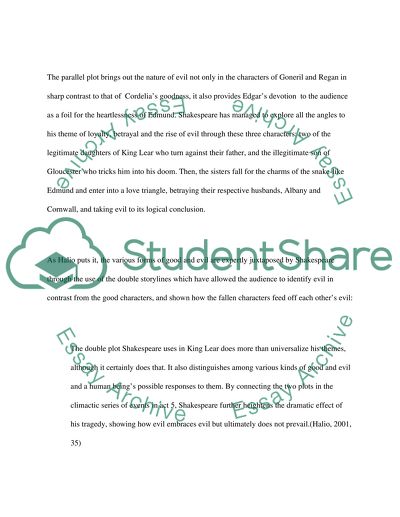Cite this document
(“Machiavellian characters in King Lear Book Report/Review”, n.d.)
Retrieved from https://studentshare.org/literature/1504911-shakespeares-king-lear
Retrieved from https://studentshare.org/literature/1504911-shakespeares-king-lear
(Machiavellian Characters in King Lear Book Report/Review)
https://studentshare.org/literature/1504911-shakespeares-king-lear.
https://studentshare.org/literature/1504911-shakespeares-king-lear.
“Machiavellian Characters in King Lear Book Report/Review”, n.d. https://studentshare.org/literature/1504911-shakespeares-king-lear.


